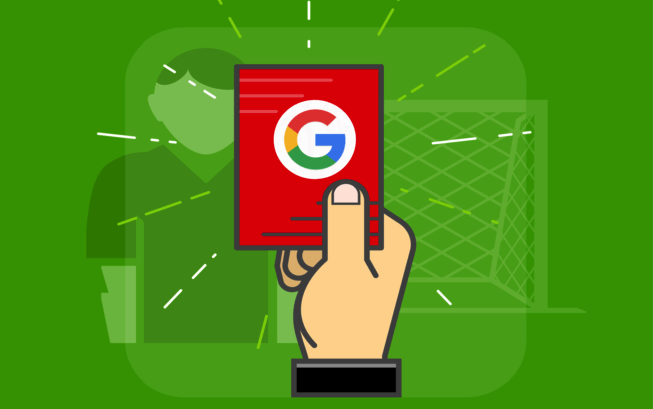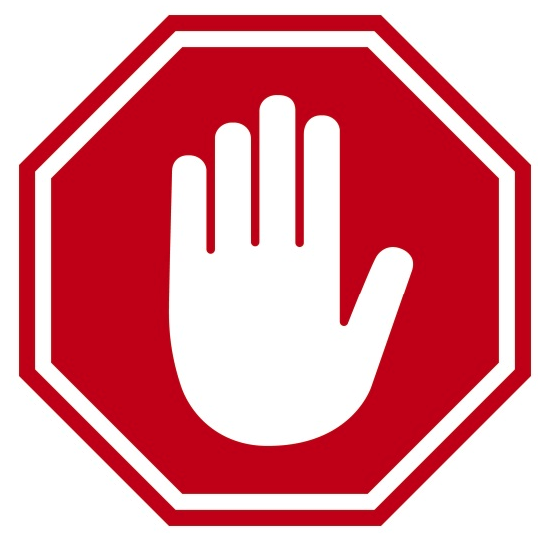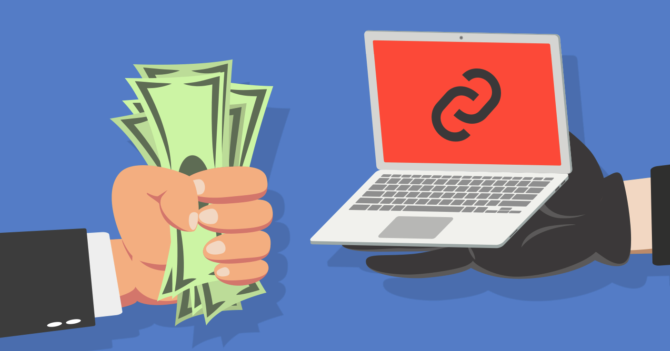
Google is the web’s most popular search engine and a vital source of lucrative traffic for business websites around the world. Due to increased competition online, achieving the top positions on results pages in most niches now requires the deployment of a strategic SEO campaign that focuses on on-page and off-page SEO techniques. More than that, however, website owners also have to avoid deploying any strategies that can negatively impact SERP rankings. With that in mind, here are 4 ways to avoid SEO penalties in 2020:
- Disallow Back Backlinks

Your website’s backlink profile is a key SEO ranking factor. In 2020, all digital marketers know that when it comes to building backlinks, quality over quantity is essential for sustained high rankings on SERPs. However, many people are unaware that failing to disavow bad backlinks can get a website penalized by Google. You can view your domain’s backlink profile via the Google Search Console. - Don’t Publish Spun Content
Google’s AI is getting better than ever at determining the quality and value of content. If you fill your website with spun articles, it won’t be long before your URL is penalized by the search engine provider. What’s more, spun content is going to make visitors leave your website as soon as they arrive, resulting in a high bounce rate. And, bounce rate is a key SEO ranking factor. - Be Careful About Buying And Selling Links

Selling links – Once you’ve built a great website with a solid reputation, you will find that many people will be interested in buying or exchanging links with you. But, you need to be selective about which offers you accept. Google can be quick to identify websites selling links as “link farms” and will penalize such sites harshly.
Buying links – Meanwhile, if you choose to buy links in a bid to boost your website’s SERP rankings, you could end up investing money only to get your domain penalized. A lot of digital marketing agencies source paid links from Private Blog Networks (PBN). While links from PBNs can give your site a short term ranking boost, eventually Google will detect the source of those links and penalize your site. - Don’t Use Content Stuffed With Keywords
Keyword stuffing used to be a successful SEO tactic. Back in 2008, it helped lots of websites to achieve great rankings. In 2020, however, Google rewards user-focused content and can quickly spot websites attempting to manipulate ranking algorithms. If your website is old, it is also a good idea to update any existing content that has unnatural keyword density stats.
The four ways to avoid SEO penalties in 2020 listed above are only a small selection of some of the things you need to take into account to avoid getting your site penalized by Google. You need to stay up to date with all the latest algorithm updates to ensure your search engine marketing strategy is always in compliance with Google’s terms. SEO work can be hard, but the value of targeted organic traffic makes it worthwhile.




